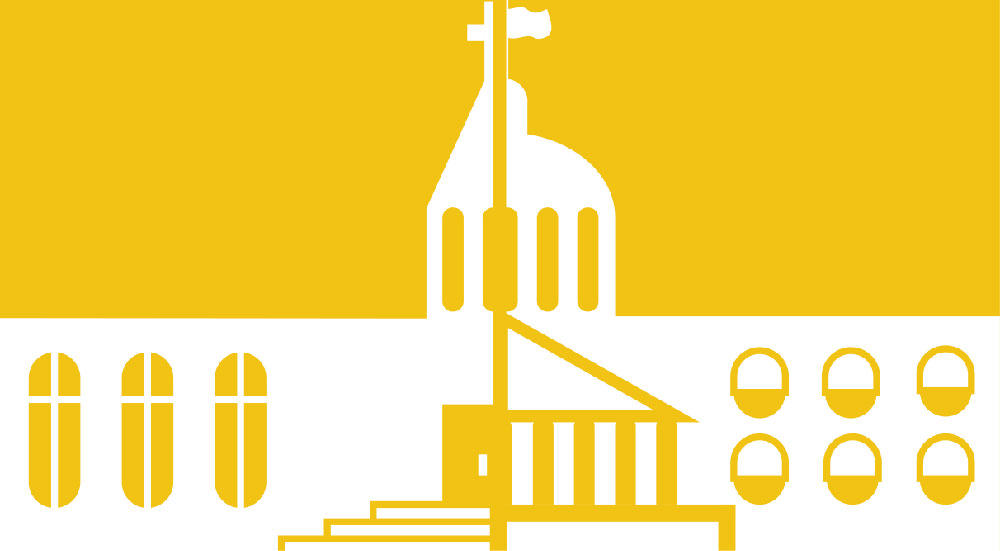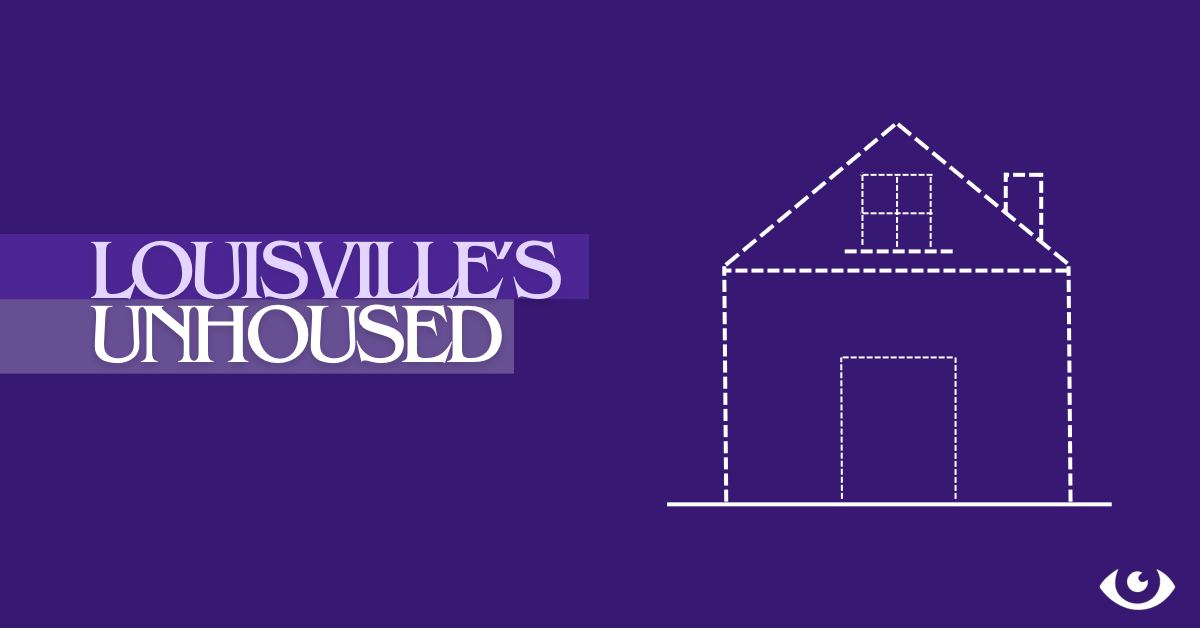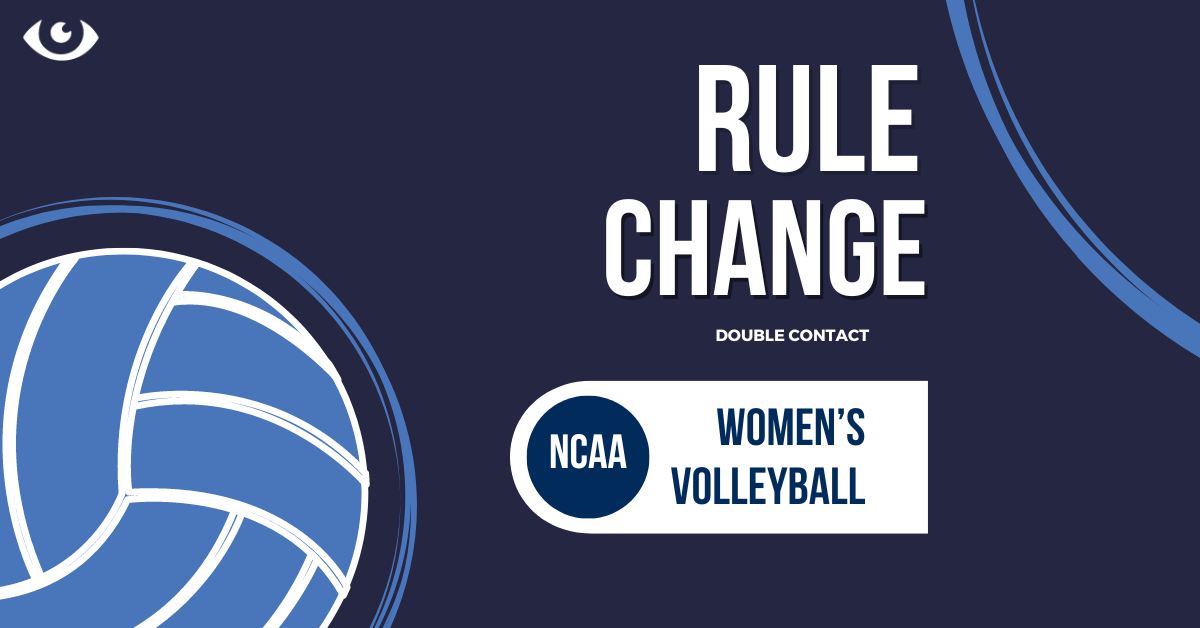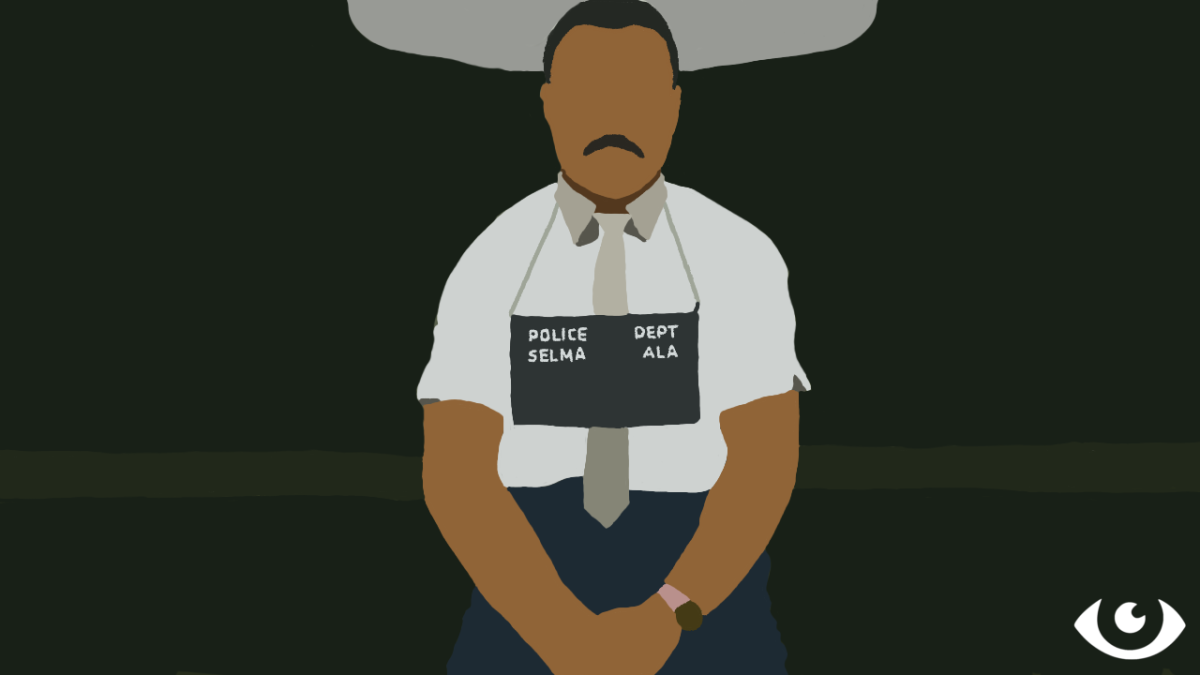Due to the recent vote changing the Alabama constitution to allow public displays of the Ten Commandments, I have been worried about my rights as an American citizen. I have been worried about a weakened separation of church and state.

“One nation, under God.” “In God we trust.” “For God, For Country, For Male!”
These three phrases have two things in common: God, and an association with the government.
“One nation, under God” is part of the national Pledge of Allegiance. “In God we trust” is molded into the national currency. “For God, For Country, For Male!” is the slogan for the public high school, Male.
Now, I was raised Roman Catholic, went to a Catholic school from kindergarten to eighth grade and am baptized and confirmed in this faith, so I am used to open displays of religion. In school, students and teachers tacked the phrase “God bless our country and God bless our world” on the end of the Pledge. I can understand this. This does not infringe on my rights in any way. I attended a private Catholic school, so I not only accepted it, I expected it.
But I am attending a public high school now, partially due to its separation from religion. Not that I do not value my Catholic education. I just crave the perspective of others. How can I enter a diverse society without ever experiencing diversity?
In fact, I am often momentarily stunned by my Zoroastrian friend’s ignorance to Catholic tradition. My mind has to catch up to the situation as I remember she was not raised the same way as I.
I often overlook what someone of a different faith might think as well. For instance, a Muslim friend of mine, while discussing the Alabama decision, brought up a perspective I had never considered. “Why is it called church and state? It’s as if Christianity was the only religion.”
I had to backtrack. What did she mean? Then it clicked. “Church” specifically refers to the Christian religion. “Why not separation of temple and state? Or mosque and state?” I thought aloud.
The point is, part of the reason I went to public school was for this separation of church and state. But often I feel conflicted as to whether I truly have it.
Before Thanksgiving, I noticed a Christmas tree up in school. For a second, I treated it as just another part of the season. Then, I thought about it. Why is a Christmas tree up in a public school hall? But another thought fought back. Christmas trees are part of culture, not religion.
The Zoroastrian friend I mentioned before once had a tree up in her house when I came over, even.
Perhaps this is the same with “one nation, under God,” “in God we trust” and “for God, for country, for Male!” Perhaps “God” in this case is not a part of religion, but a symbol of our spirit, our morals and our justice.
But Alabama took it a step too far.
The Ten Commandments are a specific religious document, promoting specific religious ideals.
A lot of the commandments are common sense, of course, such as the instructions on not killing and not lying.
On the other hand, the first few commandments, according to the Vatican, are “you shall have no other gods before me,” “you shall not take the name of the lord your God in vain” and “observe the sabbath day to keep it holy,” which are specific endorsements of specific religions.
Satanists have fired back at public displays of the Ten Commandments before, according to The Guardian and NPR, with their own Satanic statue to stand alongside the Christian text. So they might challenge Alabama’s new constitutional amendment in the same way.
The ACLU in Alabama, however, does not appear to be worried about the law. “This legislation does nothing to expand or limit our already existing religious freedoms that we enjoy under the First Amendment. Should a public school or public body want to present a constitutionally acceptable display that includes the Ten Commandments, they are already at liberty to do so. However, passing this bill will not protect a public body from litigation if they display religious symbols in a way that promotes that religion above others,” Director Randall Marshall said.
Still, the reason it is on the books in the first place is contrary to the ideals of a nation with freedom of religion.
I understand that there is a place for God in public places. When there is a moment of silence at school, I am sure many students pray for the victims of the tragedy the silence is for. Manual has a club for studying the Bible, and a club for Christian student athletes. I completely support all of that, but I support it because it comes from the students, not from the institution itself. I do not want to take God away from public places, I just do not want the Government to force God into public places.
In other words, I want a separation of church and state, temple and state and mosque and state.




